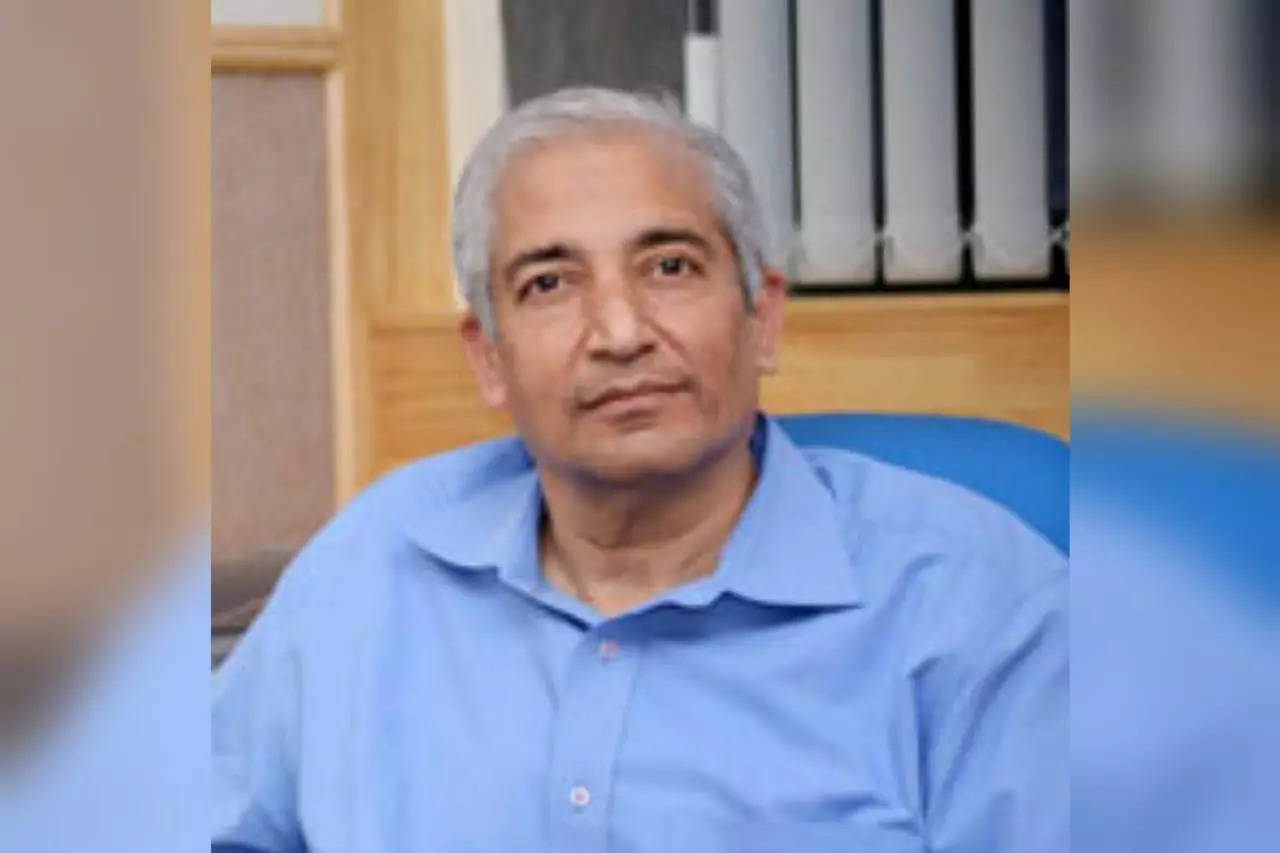[ad_1]

R. Narayanaswamy, a retired professor from the Indian Institute of Management, Bangalore, and a part-time member of the National Financial Reporting Authority (NFRA), highlighted the urgent need for reform in the auditing landscape. He said that the current Standard on Auditing (SA) 600 is antiquated, having not been revised since 2002, while its international counterpart, ISA 600, received significant updates in 2007 and 2022.
“Accountability for group auditors is crucial to restoring trust in financial reporting and preventing future corporate scandals,” he said.
“The fact is that NFRA is here to stay, whether anyone likes it or not,” Narayanaswamy said, addressing tensions with the Institute of Chartered Accountants of India (ICAI). He contended that the resentment towards SA 600 stems from a misunderstanding of its necessity.
There’s an urgent need to make the group auditor accountable for the audit of group financial statements. We cannot afford to see the group and component auditors passing the buck during the next corporate scandalR. Narayanaswamy, retired professor IIM Bangalore and a part-time member of NFRA
Edited excerpts from Narayanaswamy’s interaction:
Q. What’s the legal framework for issuing accounting standards and auditing standards under the Companies Act 2013? What are the roles of the ICAI, NFRA, and the government in this area?
Narayanaswamy: Section 132 of the Companies Act requires NFRA to make recommendations to the government on the formulation and laying down of accounting and auditing policies and standards. Sections 133 and 143 of the Act empower NFRA to recommend accounting standards to the government after examining them. The NFRA Rules 2018 provide for three persons from the ICAI as part-time members of NFRA. The government makes the final decision on NFRA’s recommendations.Q. What could be the grounds for challenging NFRA’s authority on accounting and auditing standards, such as SA 600? Are there any precedents or mechanisms in this area?
Narayanaswamy: Since NFRA does not issue accounting and auditing standards, it’s not clear what a challenge to NFRA could be about. NFRA is empowered to make recommendations, so it would be unrealistic for anyone to expect it not to make them. Once the rules are notified by the government, they have the force of law. As with any law, they are subject to judicial review. This is my understanding.
There have been no legal disputes on accounting and auditing standards after NFRA came into existence. In 2008, there was a challenge to the accounting standard on deferred taxes, and the Supreme Court upheld the constitutional validity of that standard. In S. Sukumar v. The Secretary, Institute of Chartered Accountants of India & Ors., the Supreme Court underscored the need for an independent oversight body for auditors.
Q. Is the issue of SA 600 a standalone concern, or does it signify a broader power struggle between ICAI and NFRA? How do their respective mandates and authority overlap or conflict?
Narayanaswamy: It took over five years for Section 132 that enables the government to constitute NFRA to be notified. It was almost the very last provision of the Act to be notified. As far as I know, such a thing—i.e., not notifying a section for so long after it was passed after detailed debates in Parliament with cross-party support—has not happened in any major business law. Even after NFRA was set up in the wake of the massive Punjab National Bank fraud, its functioning was sought to be stymied by litigation. So, NFRA has had to survive a lot of opposition.
The fact is that NFRA is here to stay, whether anyone likes it or not. I think that the resentment on the proposed SA 600 is based on a lack of appreciation of the urgent need to make the group auditor accountable for the audit of the group financial statements. When the group auditor must report on those statements, it’s necessary to enable them to review the work done by the component auditors. Nobody wants to see the group auditor and the component auditors passing the buck when the next major corporate scandal surfaces..
The current SA 600 is unsatisfactory and is no longer fit for purpose. ISA 600, the international standard, has undergone significant revisions in 2007 and 2022, while SA 600 has remained unchanged after the last revision in 2002. Oddly, SA 600 asserts that it is generally consistent, in all material respects, with ISA 600.
Q. To what extent does the CA community support the CA Council’s stance on NFRA’s implementation of SA 600? How might this issue influence public perception ahead of the upcoming ICAI elections in December?
Narayanaswamy: I am not privy to information on this matter. All I can say is that there’s a vital difference between the roles of NFRA and the ICAI. NFRA is unique in that its sole mandate is to protect the interests of investors and other users of financial reports and the wider public interest. Its mandate derives from the will of the people expressed through Parliamentary legislation.
Everyone agrees on the need for raising financial reporting quality.The country is tired of repeated corporate scandals that have destroyed the savings of investors and the livelihoods of countless employees. It would be necessary for the preparers, auditors, and regulators of financial reporting to work together to enhance trust in the information provided by business enterprises…
On SA 600, NFRA has published a consultation paper that makes the case for reform backed by empirical evidence. Let’s see how the public responds to it.
[ad_2]
Source link











